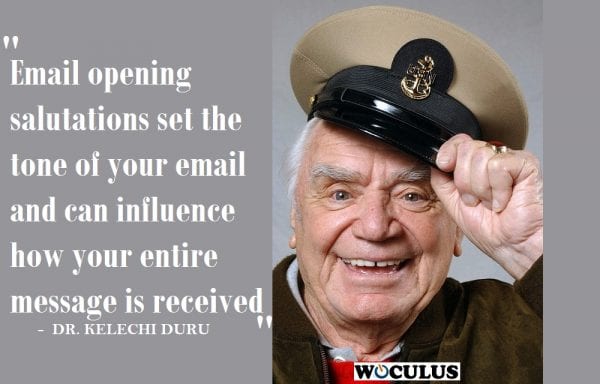Although people are wary of just how effective and valuable remote work is, all business owners need to ready themselves for the shift to remote and hybrid work models. If we’ve learned anything from the global COVID-19 pandemic, it’s that staying home can be enforced by country leaders whether we’re ready for it or not, personally and professionally. But we should also be encouraged by just how well we’ve adapted to this “new normal” of increased technology use and virtual connection.
In the workplace specifically, managers and other company leaders carry a heavy load, trying to keep their teams productive and businesses in the black. Managers, especially, need a variety of skills to operate efficiently in the workplace and lead their teams confidently.
With the sudden shift to remote work, we’ve learned just how effective technology can be in developing any manager’s skillset. Let’s discuss how three of the most important managerial skills are positively affected by technology.
Communication
Communication remains one of the most important characteristics of a top-tier manager. Whether your employees are back in the office or continuing to work remotely, it is important to convey messages clearly and effectively. Technology helps managers communicate effectively by providing digital platforms to host company-wide communication, apps to track that communication, even media outlets to highlight progress on company goals and specific projects.
Technology requires managers to communicate with:
- Clarity and conciseness
- Value at each email or electronic communication’s core
- Authencity and Genuity
- Emotional connectedness
When we aren’t able to communicate face-to-face, it’s harder to gauge emotional responses in our conversations and whether the information in those conversations is being comprehended. It also makes it difficult to build a trust-filled relationship with each employee if you’re limited to a remote work environment.
By using technology effectively, managers can encourage workers to open up on deep-rooted issues and express their perspectives freely. Effective use of technology for communication means:
- Following up and ensuring a message was received, should you not receive a response from an employee promptly.
- Writing with feeling and emotion when appropriate and necessary because you can’t see a person’s reaction to a message.
- Incorporating daily, weekly, and monthly check-ins.
- Consistently asking relevant questions to encourage productivity.
- Using apps like Slack, Asana, or Trello to collaborate on team projects.
- Using email to communicate with your employees on a variety of issues.
Collaboration and Teamwork
With the increase of remote work and hybrid work schedules, it will be especially important to use email and other technology in a way that incites collaboration and teamwork. One of the best ways to use technology to promote a high level of collaboration is to delegate. Assigning work requires a great deal of trust, communication, coordination, and collaboration.
Specific technology apps mentioned above like Asana and Slack can help you encourage your employees to work as a team. Everyone also gets a plain view of just how important it is to achieve business goals and for each of them to complete their project on time.
Using collaboration apps and ensuring each employee has the technology needed to perform their job duties no matter their physical location, ensures your team is still a team, even remotely. Lead collaboration exercises, team meetings, and brainstorming sessions that promote productivity, creativity, and problem solving on pertinent issues via Zoom or Google Hangout.
Regarding collaboration and/or teamwork, technology ensures you’re able to:
- Gauge productivity
- Lead team activities remotely
- Identify company goals and track progress
- Track projects to completion
- Remain engaged with your employees at all times
Time Management and Organization
Technology also helps managers manage their time better and keep their teams organized. If you aren’t naturally an organized person or time management savvy, it can be difficult to keep up with everything you’re responsible for as a manager.
Bettering your time management and organization can be done through technology by:
- Using time management apps to track how you’re spending your days.
- Using productivity apps to identify priority tasks for the day.
- Creating an email folder for each employee to track your specific conversations with them.
- Designating a specific time for going through your emails.
- Tracking project deadlines.
- Setting up recurring team meetings to talk about progress, challenges, and completed projects.
- Backing up all of your online information with the right digital tools.
- Ensuring each project has its folder.
- Creating specific teams and defining each team member’s role in each project.
Employees and managers alike are guilty of losing track of time when working remotely or not knowing when to unplug. Using technology to do even the small things like clock out of a shift after working remotely, identify when a task is complete, or clock in from a lunch break can ensure all time is being accounted for and used productively. Learn how to better organize your day and the days of your employees to ensure everyone feels empowered to do their jobs at a high level.
Managerial skills can develop through email and other technology so long as it’s used effectively and with the same enthusiasm as non-tech related strategies. Not only should you know how to navigate technological tools best for your company goals, but you should also leverage them to help enhance communication, collaboration/teamwork, time management, and organization. Each of these skills is vital for effective leadership and operational success in the workplace.






